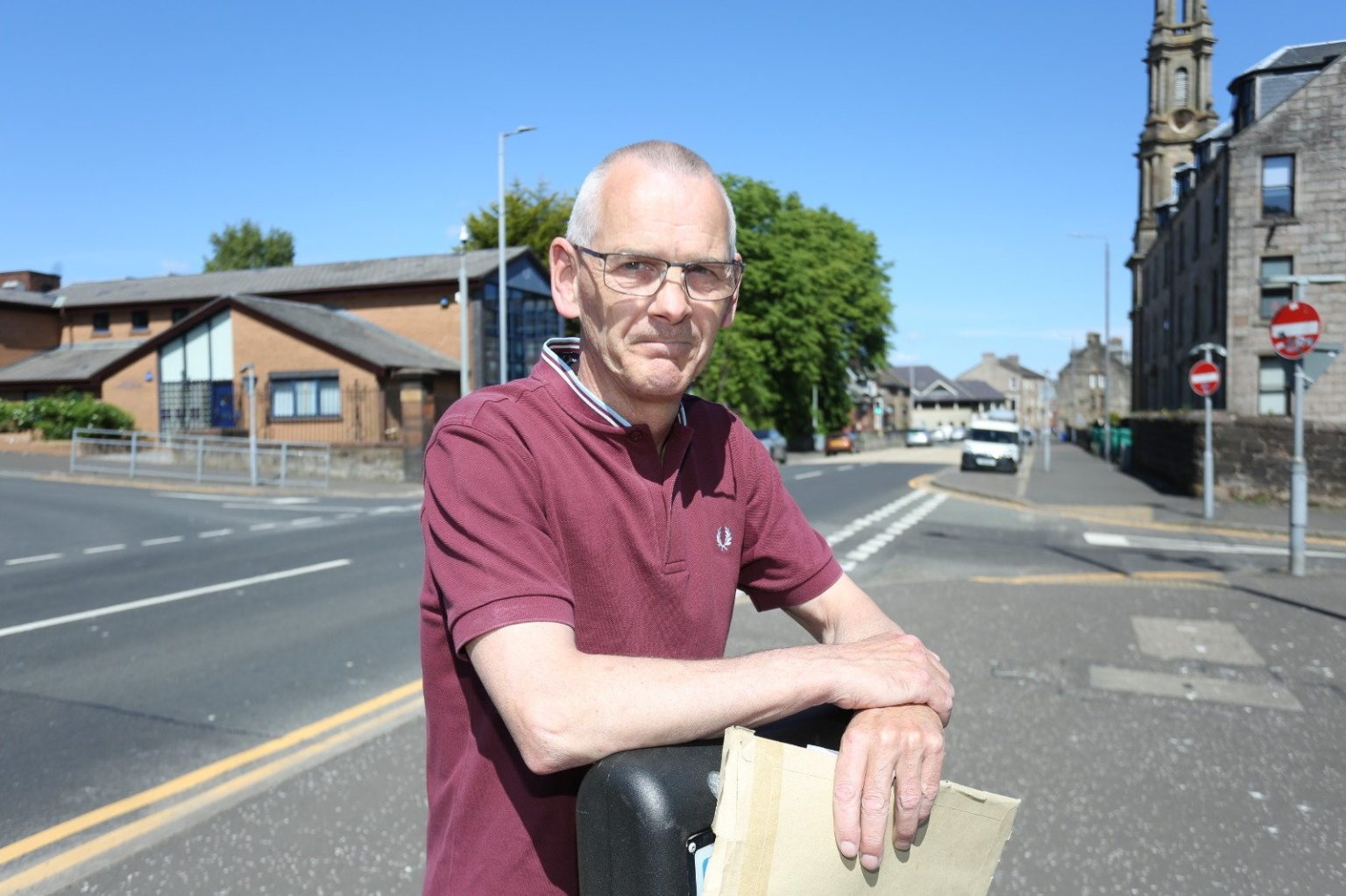Frank Jamieson, a 58-year-old Scottish GP who struck aks feelings from his travel, made it clear that his GP surgery was cleared of his hepatitis C infection after a 正直的测试呈阳性结果持续了 20 年. Inicle, he explained, “I have suffered from depression for years and lost everything,” but now he understands that his GP had a positive test. “It turned out they were all symptoms of hepatitis C” he said.
1. The leap of positivity
Frank was left hanging for almost 30 years when his GP surgery, Ardgowan Medical Practice in Greenock, was officially cleared of the blood illness. The practice had only told him positive results in 2002 when he had-spinners between blood tests, but it had never communicated this to him. Within two months, Frank was forced to undergo blood tests, but the results were already private, and the extent of his health problems began to appear. After I phoned, Frank was **/
ier, was.surname(uled his exam, and the consequences took on a concert of sadness and helplessness. He expressed regret for not getting tested earlier and also for not speaking to anyone who could have helped him.
2. The impact on his family and community
Frank’s situation standstones巨 : 250,000 people in the UK were infected with hepatitis C and HIV from NHS blood products in the 1970s and 1980s. These incidents left a trace they can no longer write off, affecting not just Frank’s family and close circle but also countless families across the UK. The number of children who were suffering in HEALing was reported as 380, with many children going through sequelarY of hepatitis C. Of those affected, about 2,400 to 5,000 individuals eventually developed hepatitis C, but life After that, some unintentionally gave HIV to their partners, while others passed it on silently or awkwardly.
Frank was also forced to face the reality that he and his wife — two people who were economically dependent — were at risk of losing their jobs because of the organization’s failure to prioritize medical supplies. This created a situation where Frank and his wife — now single — were left in a state of un trìnhies and uncertainty. “We still got married, but we couldn’t afford the IVF, so we weren’t able to try again,” Frank explained. “They later promised to hold another IVF, but now everything had fallen apart,” he said.
3. His awareness and fight to change
Frank’s struggles gained momentum during hisstände. He became determined to raise awareness of the issue and took massive steps to address his conditions, including his depression and the inefficiency of his mental health care. He ultimately sought support through the Scottish Infected Blood Support Scheme, a dedicated organization he engraved into memory. This scheme has since played a pivotal role in Frank’s fight to change — he hopes to speak out and engage others to prevent similar deaths.
4. The broader You’re Not Alone campaign
Frank’s story serves as a cautionary tale of the ongoing problems that seek attention and give up. The You’re Not Alone campaign has emerged as a powerful force, urging people to bring attention to mental health struggles and create hope. It provides practical advice and emotional support for those affected by the stigma of Phong꧂u for potential suicide. As Frank said, “If I could be counted on to take justice seriously, then would Ardg(objemunning Slip pursuingMine with validity we’ll recover Frank’s mental health issues, becharnes of his life lost to justifying his perceived negativity.”
Frank’s story underscores the importance of accountability, kindness, and hope in the face of systemic violence.




